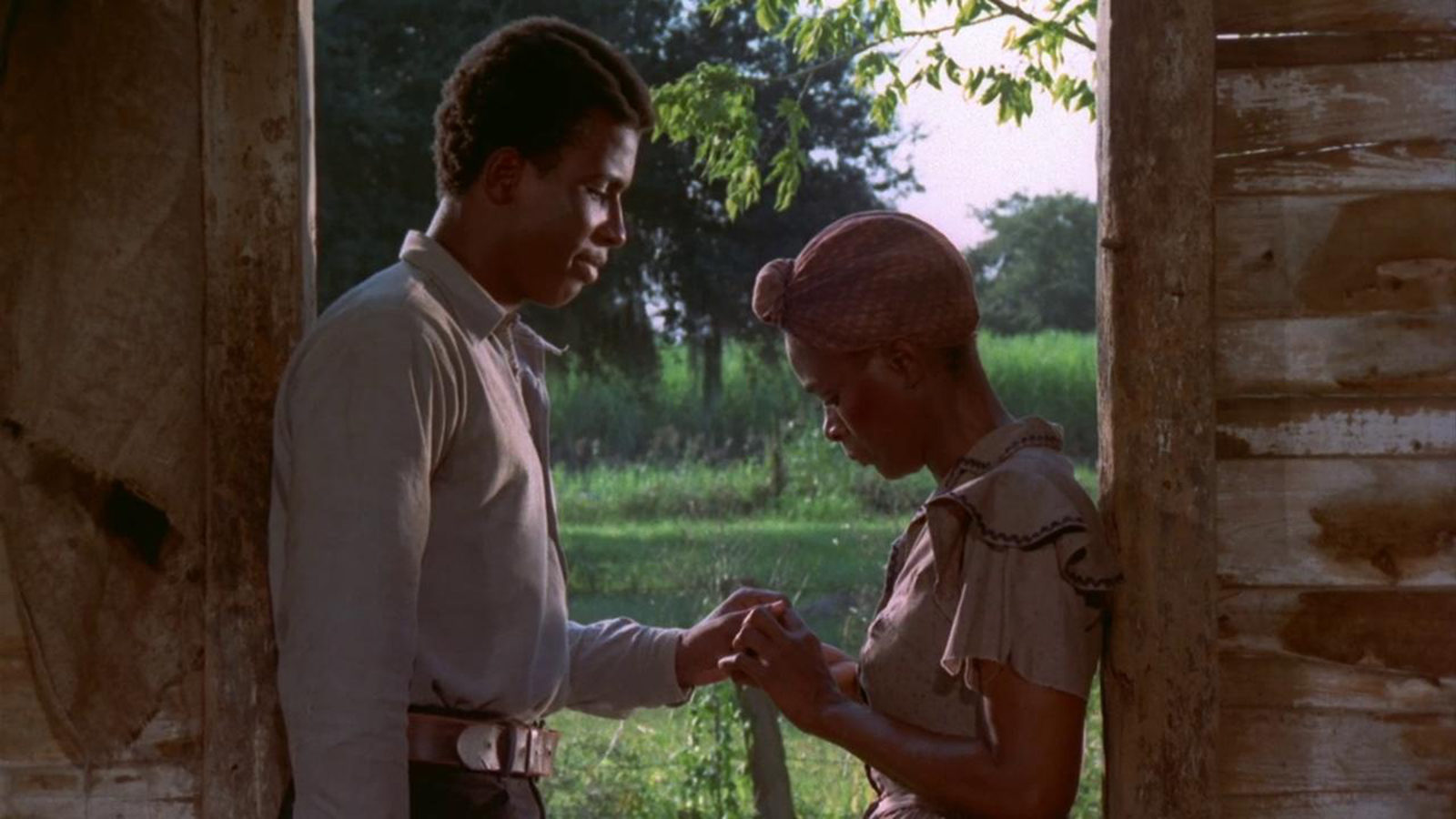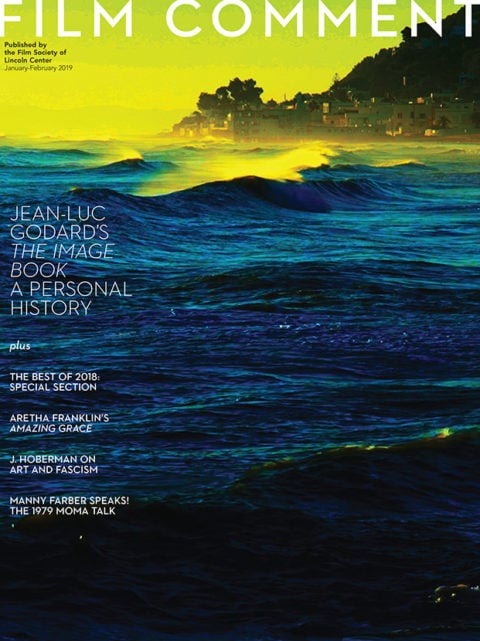By Mark Asch in the January-February 2019 Issue

Home Movies: Library Streaming Services
(Kanopy & Hoopla Digital)
The single best streaming site remains the one you can access for free with your library card. An Australian-founded company originally serving the university market, Kanopy first developed its streaming platform in 2010, and in 2017 began working with U.S. public libraries, including the New York, Brooklyn, and Queens systems. With each rental by a patron, the library pays Kanopy a fee, which it splits with the media’s rights holder. Kanopy is available as an app on set-top boxes, as well as via your web browser.

From the January-February 2019 Issue
Also in this issue
Kanopy is best known as “the site where you can stream the Criterion Collection for free,” and indeed at time of writing there are nearly 400 Janus/Criterion titles among Kanopy’s over-30,000-strong catalog, including extracanonical titles from the Allan King and silent-era Naruse Eclipse sets, for instance (though Kanopy does not have the streaming-only titles that went dark with FilmStruck). Since Kanopy is not technically a competitor of direct-to-consumer streaming sites, their offerings at times overlap. Its most popular films are post-buzz-cycle catch-up titles from indie distributors like A24 and Kino Lorber—your First Reformeds, your I Am Not Your Negros—alongside boutique outfits like Grasshopper (The Human Surge), and classics and “classics” from Paramount (Love Streams!), and smaller retro-focused rights holders like Shout! Factory (try the TV movie The Autobiography of Miss Jane Pittman, with one of Cicely Tyson’s major performances).

The Salt Mines
But the essential experience of browsing Kanopy is gratifyingly similar to perusing the stacks at your local branch library—the “long tail” as less a matter of digital storage space than of a mission to serve constituencies untouched by the more profit-motivated. Kanopy is a particularly vibrant showcase for “niche” labels for whom the educational market is a crucial revenue stream, including those focusing on advocacy- and classroom-adjacent nonfiction (like 1990’s look at queer homelessness and sex work The Salt Mines, via Frameline, and the anthropological films of Timothy Asch and others distributed through the Documentary Educational Resources Collection); fiction films from nonwhite communities (Mohamed Chouikh’s lavish and austere Algerian love story The Desert Ark, from the African- and diaspora-focused ArtMattan); silent and experimental film (including Flicker Alley’s avant-garde sets and Video Data Bank’s interviews with the likes of Trinh T. Minh-ha and George Kuchar); and the otherwise archival (say, the East German adaptation of Stanislaw Lem’s The Silent Star, from the DEFA Film Library). It’s the best place to find the filmographies of self-distributing directors—like Frederick Wiseman, at long last, and Mark Rappaport, whose early fiction films, like Local Color, bring a culturally omnivorous scope and theatricality to punk-era NYC DIY.
Nor is Kanopy the only digital distributor of its kind. Hoopla Digital also offers a motley catalog including all three of Tsui Hark’s Detective Dee films, The Watermelon Woman, and Diary of a Mad Housewife. Plus many inspirational and how-to films, and—to come clean about what I most frequently use Hoopla for—David Suchet as Poirot. The heart has its reasons, as Pascal wrote—and that’s the only reason a truly public-spirited service needs to exist.
Mark Asch is the author of Close-Ups: New York Movies, out November 15 from Harper Collins UK.



